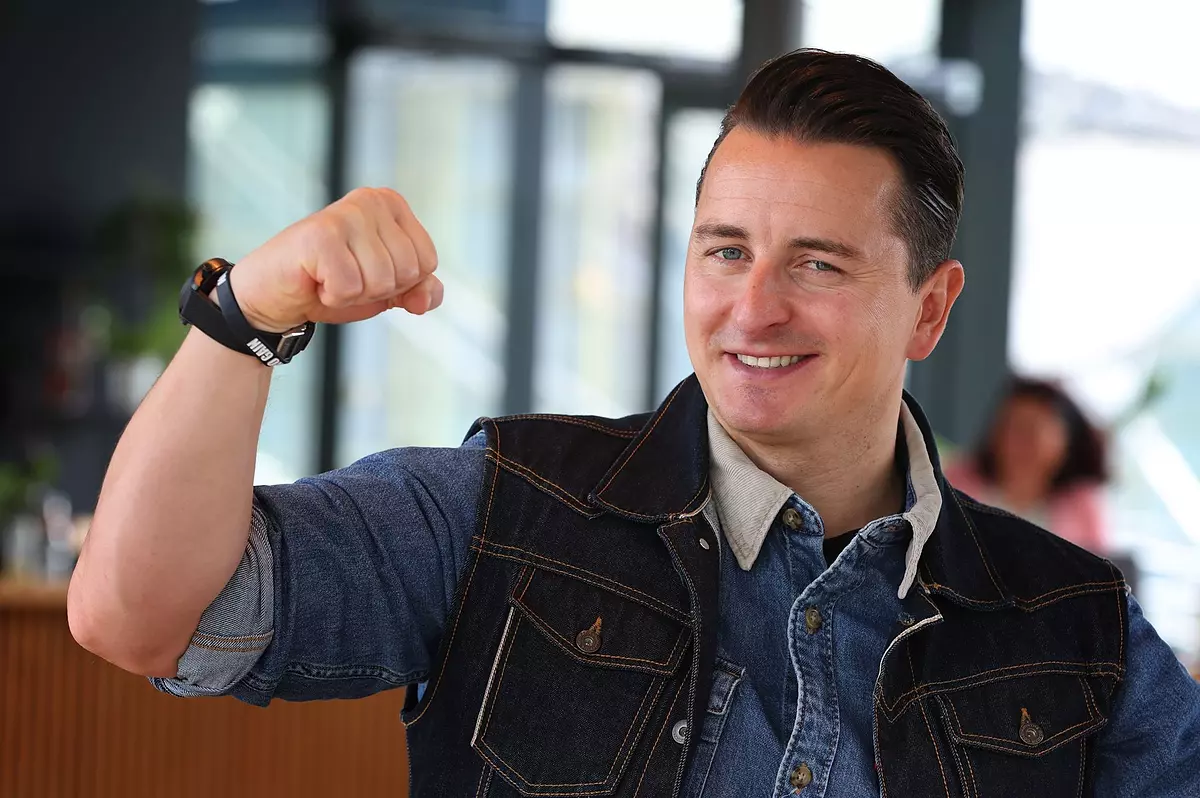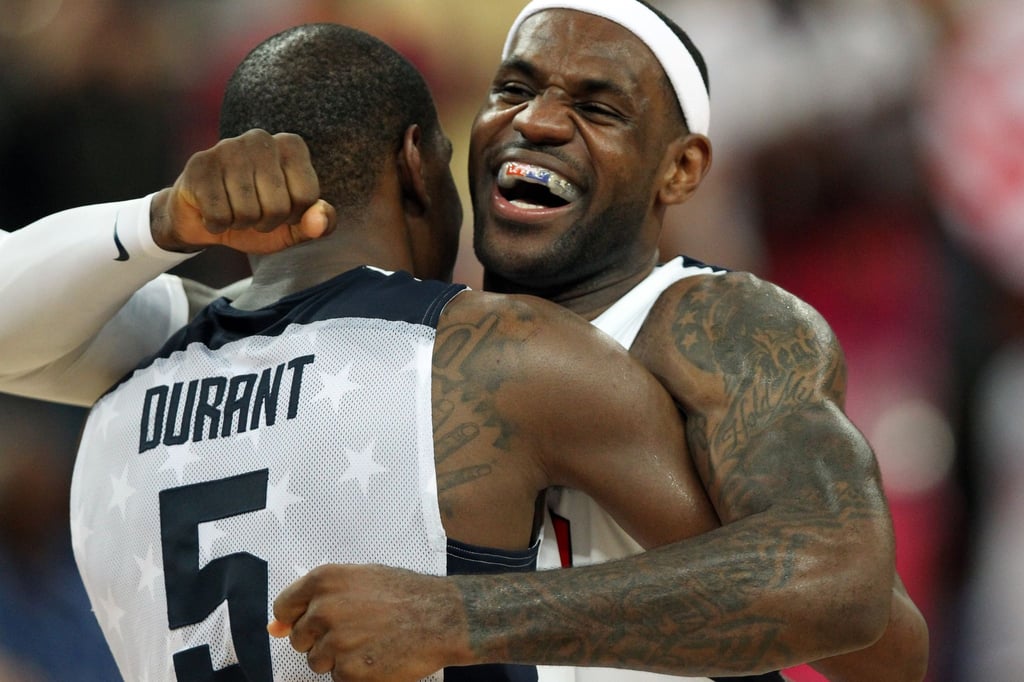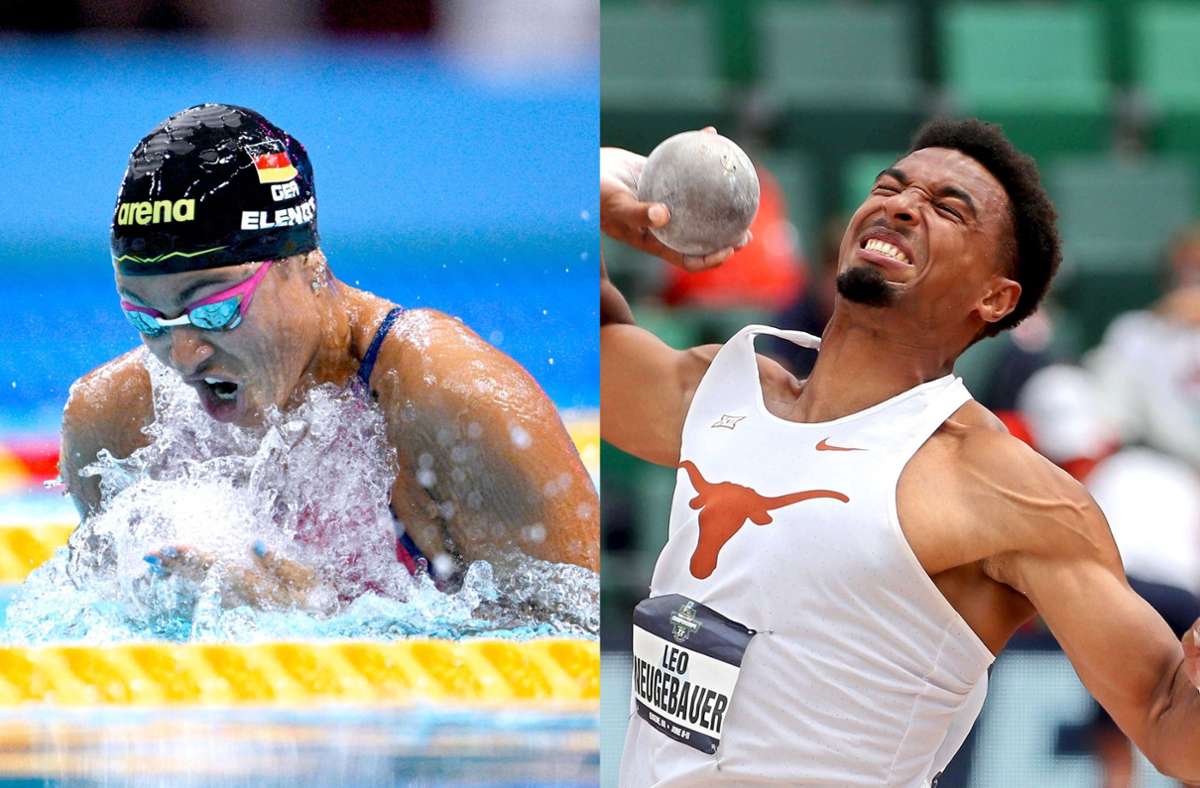At the World Championships in Eugene, German athletes performed poorly. Is it because of the promotion of competitive sports in Germany?
The poor performance of German track and field athletes in Eugene (USA) raises again questions about performance improvement and the compatibility of competitive sport and training of the German Athletic Association (DLV). More and more young athletes are looking for an alternative with scholarships in the US. “Meanwhile, the path to American universities is a global phenomenon, with students also coming from Africa and Australia,” says Simon Stützel from Karlsruhe, which mediates with 50 universities in the United States every year with scholarships.
“The big advantage is that after their careers, the athletes bring a university degree with them when they return to Germany,” Stützel says, noting a major advantage of this career. For many, sports and studies are more closely linked than in this country. The physical proximity of on-campus training facilities, lecture halls and residential areas is the most important advantage of the system in universities there.
The University of Texas commits $250 million to athletic funding alone
The University of Texas at Houston is one of more than 4,000 American universities with one of the premier sports-related addresses. It spends 250 million dollars on sports funding alone, and the Federal Ministry of the Interior in Germany (about 300 million euros) spends on sports.
At the 2021 Olympics in Tokyo, the “Longhorns” from Texas won nine medals in athletics alone, five of which were gold. DLV Athletes: Three. Coaches earn up to half a million euros in the US, Stützel says, while Germans earn a tenth of that. Money obviously creates quality.
Two German talents Leo Neugebauer (decathlete from Leinfelden-Echterdingen) and Anna Elend (swimmer from Frankfurt) dared to jump to Austin/Texas in the States two years ago. “I have great conditions here, I get great support,” says Neugebauer, now 21. Their daily routine is very similar: wake up at 5.30 am, first practice till 9 am, lecture hall from 10 am to 1 pm, repeat practice from 3 pm, online courses or homework in the evenings. Ellen’s father spent a year in America and was able to pass on his experiences. Strong training teams also encourage performance improvement. The breaststroker has just swam three German records as the runner-up world champion at the World Swimming Championships in Budapest. Her environment thinks that she has become more confident in America and has already matured as a personality.
Neugebauer is the German player of the year ahead of world champion Kaul
Leo Neukebauer is the best German of the year, ahead of world champion Niklas Kaul (Mainz) with 8362 points, which he scored a few weeks ago at the university championships in Eugene. “It’s fantastic to be here as the ninth player in one of the best years in the world,” he said unnerved. ,” he says excitedly about his new start in Eugene this weekend.
Both young men have the same dream: the next Olympic Games in Paris in 2024. “The path through scholarships is now a good opportunity to reach the top of the world like Elend and Neugebauer,” says Simon Stützel. Although the German Swimming Association (DSV) has opened this path, the German Athletic Association is still dominated by skepticism and rejection. Two reasons are uncoordinated competitive planning in the US and in this country and the overburdening of universities due to multiple startups.
The academic dimension for competitive athletes is not an insignificant aspect of youth sport and personal development. “The team spirit, which is so pronounced in American universities, is very valuable from an academic point of view,” says Fred Eberle (Schwäbisch Gmünd), who has been DLV’s academic conscience for many years. “Sport is a school. For life.”
And there are many ways to get there.

“Friend of animals everywhere. Web guru. Organizer. Food geek. Amateur tv fanatic. Coffee trailblazer. Alcohol junkie.”






More Stories
Weekend ticker: middle distances in the Philippines and Peru, sprints in Australia and Germany
Treason: Two Britons charged with spying for China
Opinion on American unions: VW in America: Persistence pays off